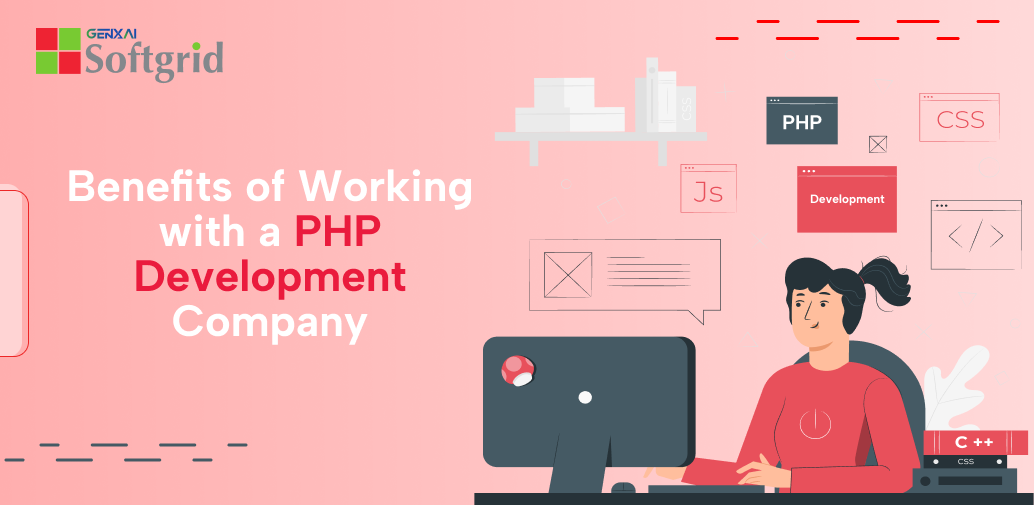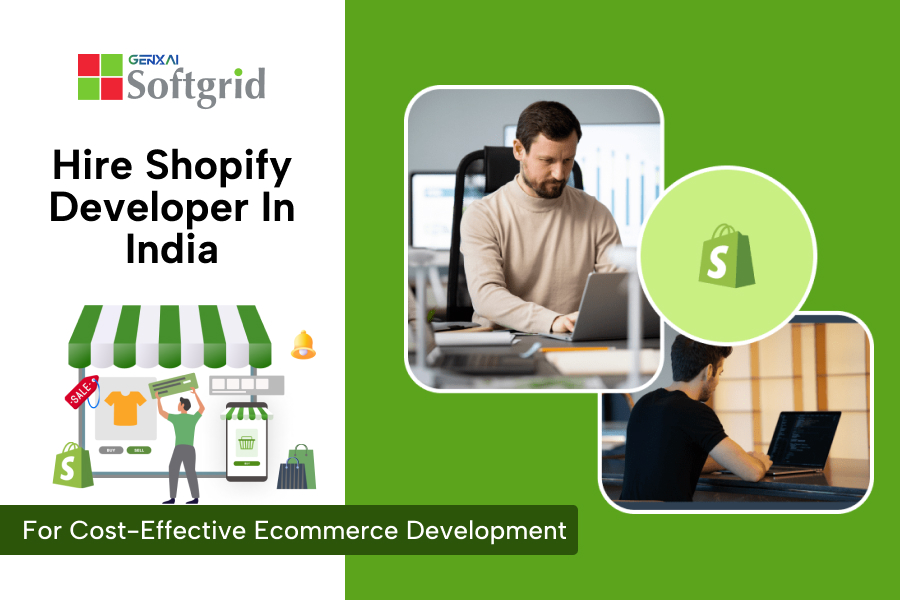As a person from a Non-tech background, with the world of technology all around me, and the non-stop urge to understand and write code, I did bump myself into something less complicated and easier.
My first take on Low Code & No Code.
- LCNC is for simple applications. Does not involve much of complex codes and is basically a drag-and-drop tool.
- It is a boom for non-tech people like me and probably shall be eliminating the need for professional developers or programmers.
- It has a steep learning curve, self-explanatory as it involves less space for dynamic code creation.
Ummm wait, not every first takes are fully correct, probably are the myths that have followed a long way in; indeed require more digging.
Let us get some reality to snap these Myths.
No matter how smoothly automation may barge in, it shall still require the cognitive demand to deliver gold results. Which is why:
- LCNC is more than just a drag-and-drop tool. While it may be empowering to non-tech users, it still requires the need for a professional developer to handle complex integrations, customization, and more of the security handles on these platforms.
- Enterprise-level Solutions have also been offered by some of the LCNC platforms. With prebuilt components and templates, these platforms often offer a good account of customization.
For eg, Airbnb has used Bubble.io to build their “Host Helper” tool that operates with hosts to create and customize their websites which is in turn integrated with the company’s booking and property management system.
- Certainly, LCNC platforms have a lot more to extend when it comes to learning and growth. Imagine these platforms as user-friendly playgrounds for non-tech users where they can build prototypes, test ideas and see their own growth with easy built-in components.
- For eg, Wix is a website development platform that offers a No Code environment to build engaging websites without coding. A fellow connection of mine, who happens to be a content writer (again, a non-tech user), long back created his own website via Wix and talking to him in this regard gave a bright insight into how easy-to-use and implementing these platforms are.
Basic understanding of what actually is Low Code and No Code:
- No Code Platforms:
Platforms that enable users to build applications without creating any code. It basically uses a visual development environment along with configuration. Gartner predicts that low-code application development shall account for over 65% of all app development activity. - Low Code Platforms:
Low code platforms provide pre-built components and templates that allow users to create applications with minimal coding. Statista reports Low code solutions can reduce enterprise application development time by up to 60%
Popular Low Code, No Code platforms and their use case:
- Bubble.io
La Metro, a public agency from France developed a custom app built on Bubble for its public water network maintenance. - Outsystem
Coca-Cola utilized the low code platform Outsystem to create a website integration tool called “Coke One North America” that streamlines the integration of Coca-Cola’s bottling partner’s systems, unlocking efficient data exchange and collaboration. - Mendix
Siemens deployed Mendix to integrate its website with its product catalog. The stated tool enables customers to customize and order complex industrial components directly from the website. - Microsoft Power Apps
To integrate various website functions, L’Oreal used low code development platform apps of Microsoft Power Apps. It enabled L’Oreal to streamline website operations. - AppSheet:
For website integration and to develop a customized ordering system, Domino’s Pizza used this no code platform popularly known as AppSheet.
As per a forecast, the low code development market will generate $187 billion by 2030 and this adheres to a timely growth for non-tech users like me and an upper hand wave for professional developers, and tech users.
The future of development technology already creates a wowza vibe.! Awaiting its experience and encounter on my own. Until then, let me play around on these low code no code platforms, haha.

 Web and Full Stack
Web and Full Stack CMS and Frameworks
CMS and Frameworks Online Marketing
Online Marketing Cloud Services
Cloud Services ECommerce
ECommerce Mobile
Mobile



